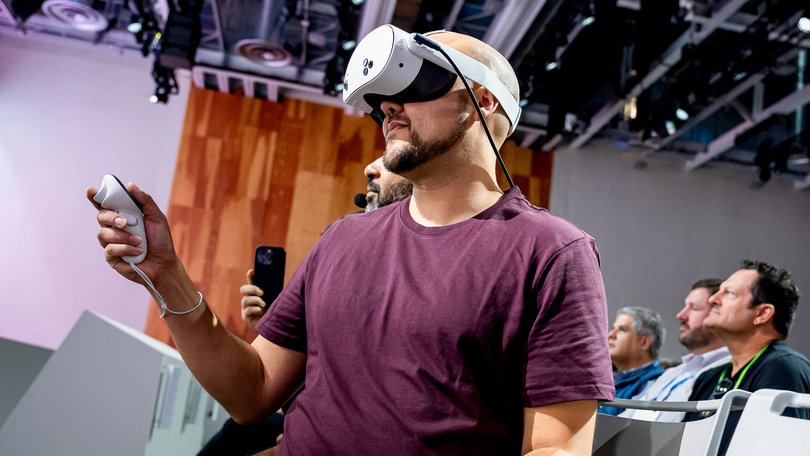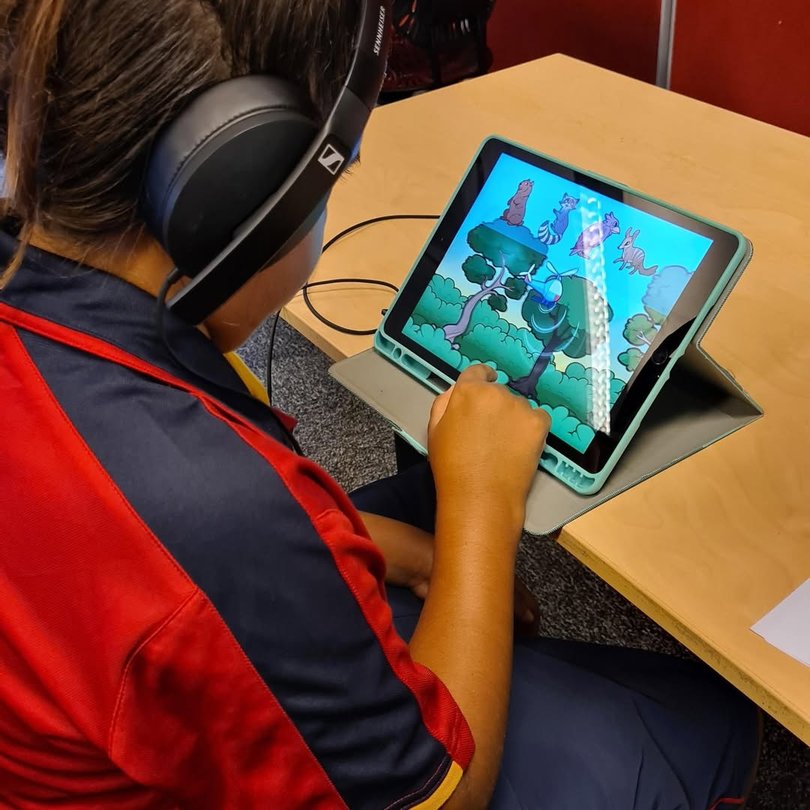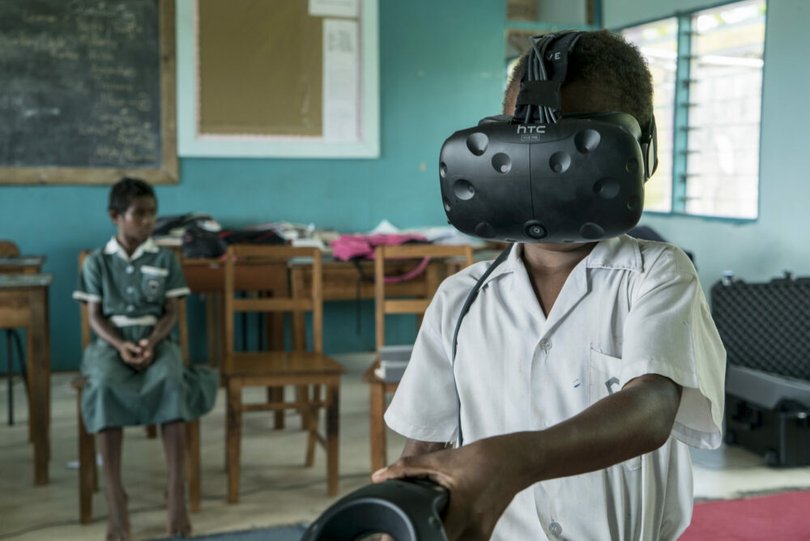SXSW Sydney: How gaming technology is making us healthier with video games like Fruit Ninja and Pokemon Go
Pokemon Go, Fruit Ninja and many other games have been linked to better health outcomes.

Video games are being used to help stroke patients recover as part of a groundbreaking new wave of gaming used to make people healthier.
Sydney-based neuroscientists Stuart Smith and Penelope McNulty discovered the therapeutic benefits of Fruit Ninja, a mobile game known for its fast-paced swiping action.
The Neuroscience Research Australia scientists found that the motion used to slice falling fruit mirrors the physical movements practised by stroke patients during rehabilitation — making the game a playful and effective recovery tool.
Sign up to The Nightly's newsletters.
Get the first look at the digital newspaper, curated daily stories and breaking headlines delivered to your inbox.
By continuing you agree to our Terms and Privacy Policy.And it’s just the tip of the iceberg when it comes to gaming improving health outcomes, according to a panel at SXSW Sydney.
Another example is Pokemon Go, the augmented reality mobile game that encourages players to walk around their neighbourhoods to catch virtual creatures.
The game boosted daily step counts among American users by an average of nearly 1500 a day, according to a study, a change now linked to a reduced risk of heart disease.
Gaming is also helping make routine health checks more engaging for children. Sound Scouts, a company founded to address the shortage of audiologists in Australia, developed a game-based hearing test that’s now used in over 2500 schools nationwide.
The program, which was created in partnership with National Acoustic Laboratories, has delivered more than 220,000 hearing checks, with 40 per cent conducted in regional and remote areas.
Of those tested, 18 per cent were First Nations children, making hearing assessments more accessible to communities that often face barriers on early detection.

“Do you know how boring hearing tests are?” Sound Scouts founder Carolyn Mee asked the audience.
“Being able to make a hearing test fun was our mission. A games-based solution was the priority from day one.”
Meanwhile, in hospitals gaming is being used to reduce anxiety in young patients.
Creative technology studio Handy Squid is teaming up with NSW Health to develop interactive gaming experiences for children’s hospitals in Randwick and Westmead.
The initiative, launching in late October, was shaped by input from children and neuroscientists to ensure the games are both engaging and calming.
“Essentially, we’re trying to reduce the anxiety of paediatric patients before they go in for their procedures,” founder Paul Stapelberg said.
Over in the Pacific Islands, gaming is being used to tackle noncommunicable diseases (NCD) through a world-first health education program.
NCDs are a major problem in the Pacific, linked to food insecurity and increased poverty while resulting in more than 70 per cent of deaths across the region.
In partnership with DFAT and the Fijian Government, the initiative includes a virtual reality experience, a storybook and a mobile game designed to inspire healthy eating habits in children and families across the island countries.

The results were promising: children were 14 per cent more likely to choose healthy foods and 78 per cent of teachers reported noticeable improvements in students’ eating behaviours.
“What we’re trying to do with storytelling is create moments of meaning that help people understand themselves and the world around them,” said Ayiana Merlo, a creative strategist at S1T2 who worked on the project.
“We focus on immersion, agency and alterity, and games give us a really good way to explore all of those things.”
